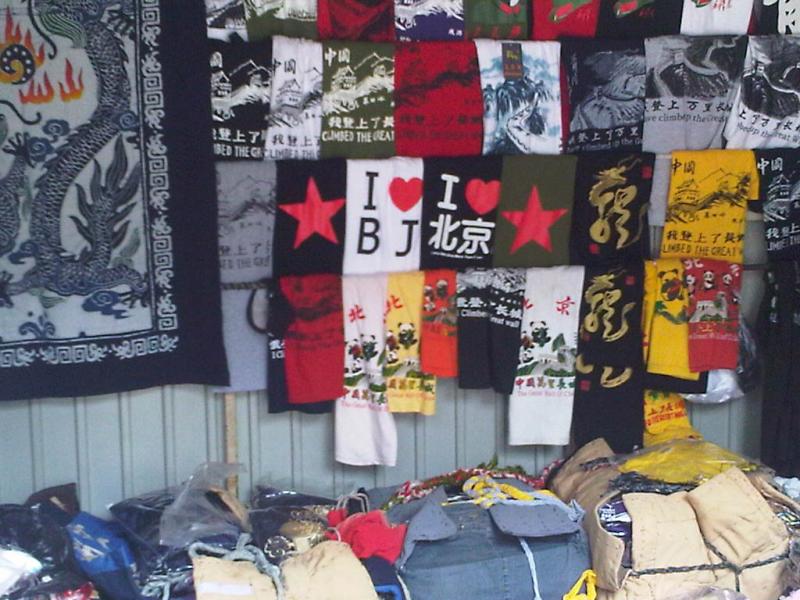Why Do We Let Software Sales Reps Behave Like Tourist Souvenir Hawkers?
I’ve just had a negotiation lesson from Number-one-Daughter, who has been studying in China for a year. I’ve just returned from beautiful, vibrant Beijing (北京) where my wife and I met her, to see the city and to help her get her luggage home (which explains the 6 pairs of ladies’ shoes in my suitcase and makeup in my carry-on — at least, that’s my story and I’m sticking to it).


I’ve really liked Beijing: the modern buildings leavened with classical decoration, the public transport system (30 cents a ride), the excellent customer service, and of course the tourist attractions (see picture). However, one thing I don’t like is the prevailing attitude that it’s OK to rip-off the laowai (老外, meaning “old foreigners”). The locals will happily charge you 4 or 5 times the market price if they think they can get away with it. Luckily my daughter has learned how to deal with this problem, and here’s what she taught me. Suppose you want one of the “I heart Beijing” T-shirts in the souvenir stall to the right. The proprietor will think of a number and double it — ¥60 say (about $10). You look dismissively at the item and offer what you think its worth (¥20, say). If he doesn’t snatch the item away from you in disgust then you know he’s happy with your offer. Keep saying “20 kwai”, and then hand him back the item and pretend to walk on to the next stall, at which point he’ll call you back, say “OK 20 kwai” and the deal is done. The fact that he initially tried to overcharge you is ignored.
Unfortunately, many technology companies have a similar strategy. We want our main technology suppliers to be strategic partners, focusing on delivering innovation and competitive advantage, but too many focus on revenue recognition over customer satisfaction. They set ridiculously high list prices and let reps haggle over the discount. The lower the discount they can get away with, the more commission they make — rewarding them for, in effect, cheating their customers by charging them more than the going rate. That may be permissible for transactional customers who make them fight the competition in every deal, but those that give the vendor preferred or even sole-source status deserve better — for instance, being automatically given the appropriate discount for their spend level.
Bottom line: IMO, sourcing professionals can do more to push back against unacceptable commercial practices, such as the unreasonable but lamentably common policies in this report:Buyers Should Reject Unfair Licensing Rules. What do you think? How can we persuade our key suppliers to treat us like strategic partners instead of tourist victims? And sellers — what should buyers offer you in return?
